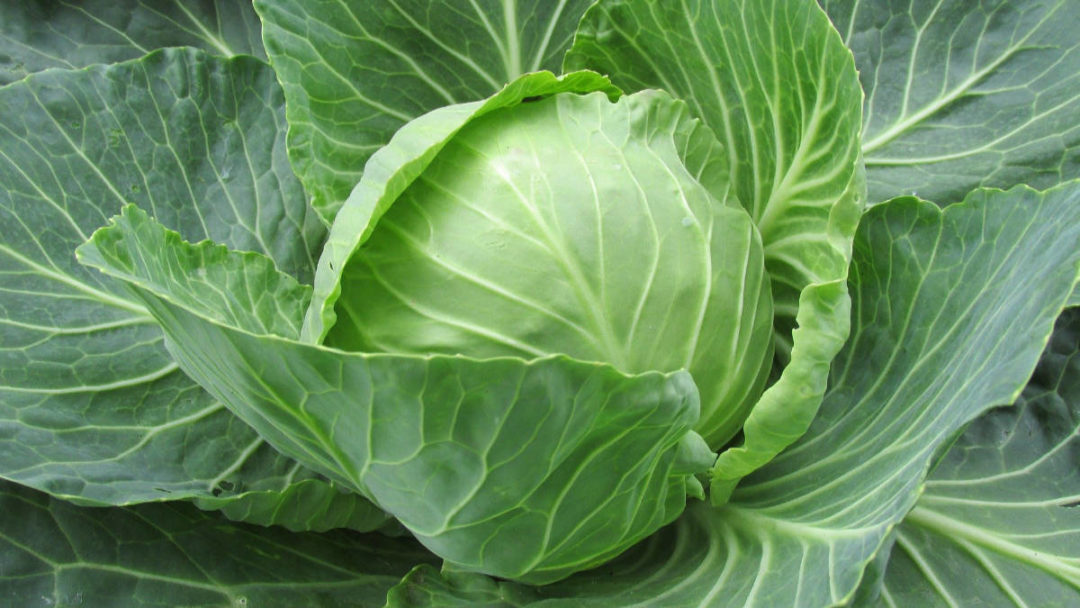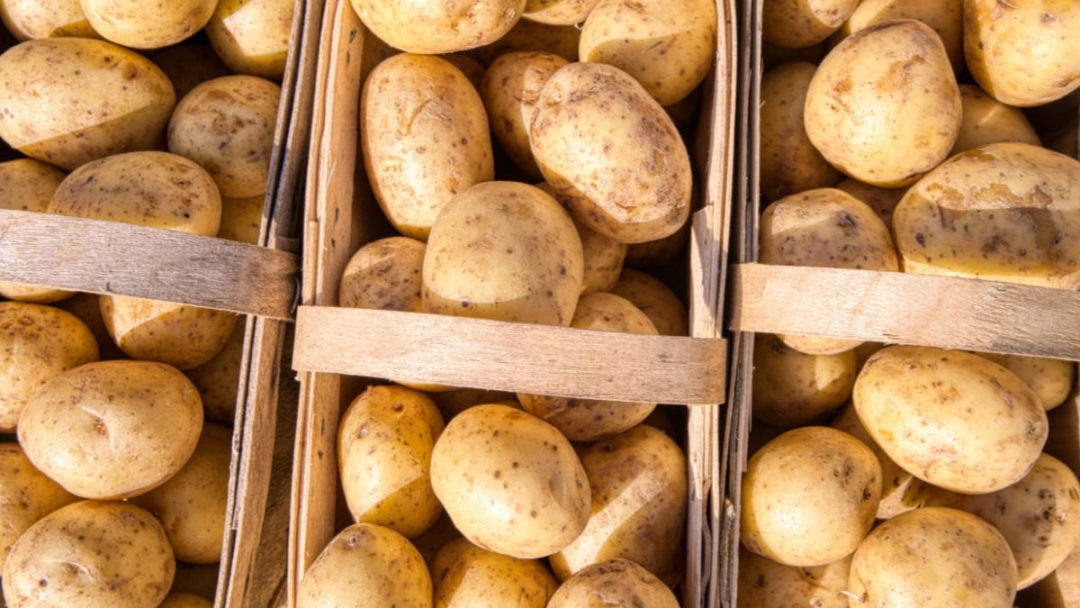Cold days are approaching, and with their arrival, our need for warm meals begins to rise. For many of us, especially soups, whether those “snack” ones that can nutritionally replace a main meal or various meat or vegetable broths. And although soup can be a very versatile and tasty dish, not all soups are as healthy as we might think.
If the soup is made from the right ingredients, it can indeed be a healthy dish with many nutritional benefits. Such broths based on meat, bones, and vegetables are sources of vitamins, minerals, and other nutrients, such as collagen. A properly prepared broth also has a great taste and minimal calories if we remove some of the fats. However, this is not necessarily required if our goal is not weight reduction or if we do not have a health issue that requires limiting fat intake.
Consuming soups, whether broths or vegetable creams, is another easy and very tasty way to increase your vegetable intake.
- Weight reduction – studies show that those who regularly consume “light” soups have an overall lower energy intake, better diet quality (more protein and fiber)
- Appetite regulation – regular soup consumers feel more satiated and suffer less from hunger
- Improvement of hydration – soup, like fruit, vegetables, or milk, is a source of water, and therefore it can be included in your hydration regime
These benefits can only be attributed to well-prepared soup – that is, one made from quality ingredients and with the correct procedure. But because today we can “conjure” soup from almost anything, soup doesn’t have to be just a source of positives; it can turn into quite an unhealthy meal. For example, due to various soup “prefabricates” that just need to be poured with hot water, stirred, and waited for a while. They will certainly save your time, but not your health and your wallet.
Another problem can be an excess of sodium, whether because we over-salt the soup or because we add various “delicacies” (a term borrowed from Roman Vaněk) that completely change the sensory and nutritional characteristics of the soup, and the only thing we perceive is salt and something unidentifiable but well-known.
Be careful also about further increasing the energy value of the soup in the form of roux, flour, various traditional or plant creams, the addition of egg yolks, or various sausages. However, if we are fond of these thick and hearty soups, nothing against it (well, almost nothing against it, for example, sausage doesn’t really belong in soup), but it is important to keep in mind that these are often very energy-dense and nutrient-rich soups that no longer serve as an appetizer that starts our digestion and prepares it for a more substantial meal, but as a standalone meal, without additional additions.
And which soups are generally considered very healthy, even helping with health problems? These are various meat-bone broths, chicken broths, or soups based on nutritionally luxurious vegetables – broccoli, cauliflower, tomato,… Of course, without a lot of cream (but a little is certainly okay).
Petr Havlíček





